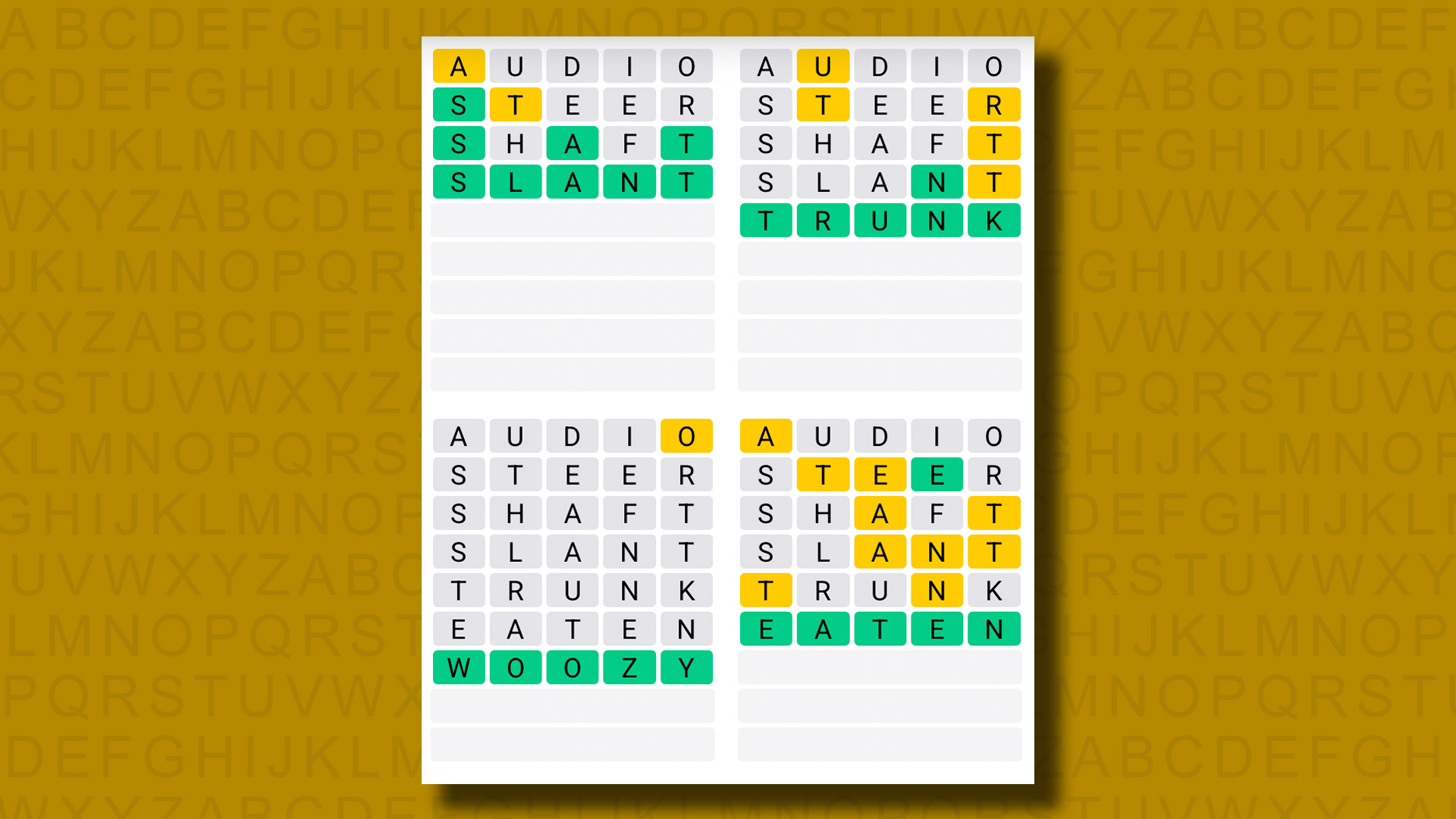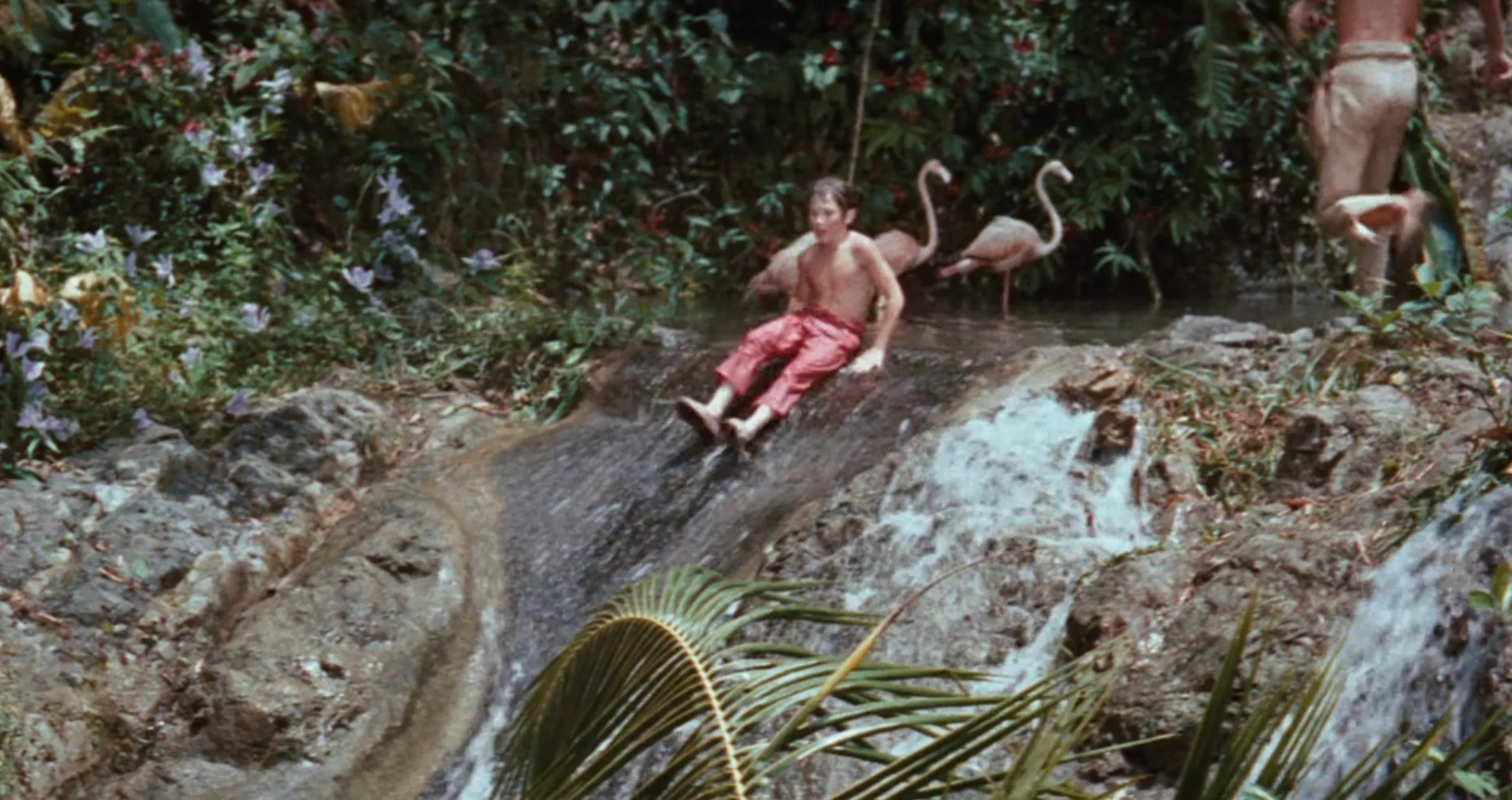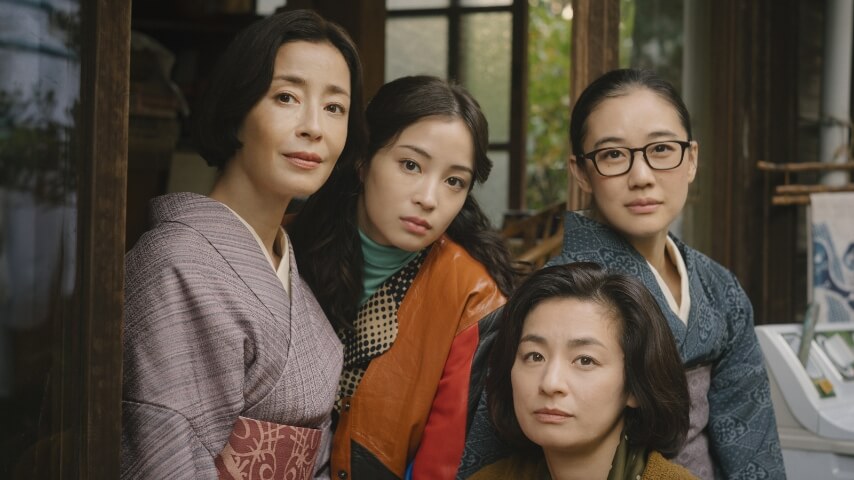French Court Finds Writer "guilty Of Denying The 1994 Rwandan Genocide"

I've long opposed Holocaust denial bans, partly because of the slippery slope / censorship envy problem: Unsurprisingly, such bans tend to lead to broader policing of historical claims, such as the French fine imposed on noted historian Bernard Lewis for his views on the Armenian genocide. N.Y. Times (Adam Nossiter) reports the latest:
The French-Cameroonian writer, Charles Onana, author of "Rwanda, the Truth about Operation Turquoise — When the Archives Speak," and the publisher, Damien Serieyx, were fined nearly $15,000 and ordered to pay more than $11,000 to three human rights group that had sued them.
Mr. Onana, who could not be immediately reached for comment, and his publisher have appealed.
The court on Monday found Mr. Onana and the publisher guilty for their "public challenge to the existence of a crime against humanity." In his book, Mr. Onana denied there had been a genocide and denied France's responsibility.
The court cited some 19 passages it said violated French law making it illegal to deny a genocide that has been officially recognized by France or international jurisdictions. Notably, Mr. Onana wrote that the "conspiracy theory of a Hutu regime that planned a 'genocide' in Rwanda constitutes one of the biggest scams of the 20th century." …
Mr. Onana, for his part, maintained in his book that there was killing on both sides, by Tutsis and Hutus, but that there was no genocide. "Certainly, Tutsis were massacred, targeted, but they were not the only ones," he wrote. In his introduction, he wrote that he was "above all trying to make a break with 'official history.'"
The French have their free speech rules, and we have ours; but incidents like this remind me why I like ours better. Claims about broad historical topics should be resolved, I think, through debate among historians, not by legislatures or courts. Among other things, when people are free to publicly disagree with the consensus of experts (historians, scientists, and more) but the consensus continues to withstand such challenges, we non-experts have some basis for confidence in that enduring consensus. But when some public disagreement becomes illegal, and the debate is therefore truncated, how can we know that any consensus after that point is trustworthy?
I appreciate that one premise of the holocaust denial laws might be that the governmental validation of a particular historical position should lead us to trust that view more, because we trust the government. But I don't think governments are particularly trustworthy on such matters.
Here, by the way, is my 2002 post about the Bernard Lewis incident; note that Lewis was a much more prominent historian than Onana, and yet even he could be punished for his historical claims:
Several years ago, prominent historian Bernard Lewis was sued in France for his comments (made in a Le Monde interview) on the Turkish killing of Armenians during World War I; he stressed that the killing happened, but argued that—unlike with the Holocaust during World War II—it was not part of a deliberate campaign of extermination by the Turks. Various plaintiffs, including the French Forum of Armenian Associations and the International League Against Racism and Antisemitism sued, claiming that his speech violated French prohibitions on the historical denial of genocide; and they won.
The invaluable research librarians at UCLA Law School have gotten me an English translation of a French court's decision, and it is as troubling as press accounts described it to be. (Note that I'm not yet sure of the source of the translation, but I found it on a site that appears to be harshly critical of Bernard Lewis, so I doubt that the translation is incorrectly Lewis-friendly.)
Though the court didn't find that Lewis made any false statements, it concluded that Lewis didn't give a balanced presentation (and this in a necessarily brief newspaper interview, not an academic work)—under this standard, even the most responsible historians could be vulnerable, especially if they are tried before courts that are hostile to their viewpoints. And though Lewis lost only 14,000 Francs, I suspect that the potential damages for future cases would be considerably greater. Here's what seems to me to be the court's key language, though you should just read the entire decision (it's not long and not very legalese) yourselves:
Whereas, even if it is in no way established that he pursued an objective foreign to his role as historian, and even if it is not disputable that he may maintain an opinion on this question different from those of the petitioning associations, the fact remains that it was by concealing information contrary to his thesis that the defendant was able to assert that there was no "serious proof" of the Armenian genocide; consequently, he failed in his duties of objectivity and prudence by offering unqualified opinions on such a sensitive subject; and his remarks, which could unfairly rekindle the pain of the Armenian community, are tortious and justify compensation under the terms set forth hereafter.
(Note again that the Lewis statement about the lack of serious proof of the genocide referred to the supposed "lack of serious proof … of a decision and plan of the Ottoman government for extermination of the Armenian nation"; Lewis acknowledged "that the Armenians' suffering [was] a terrible human tragedy," and that many Armenians died as a result of the deportation.)
Now I say all this not because I feel competent to tell the French how to run their legal system. They've got their laws and we've got ours, and while I think I prefer ours, I don't know enough about French culture, society, or legal system to be highly confident about what works best for them.
But I repeatedly hear, mostly from law professors but also from others, calls for adapting American free speech law—and American constitutional law more broadly—to fit the European mold. America is the only Western country, the argument runs, that's so insensitive to the plight of victims, or so hospitable to racists and other bigots, or just so downright goofy in its First Amendment zealotry that it fails to punish Clearly Harmful And Valueless Speech such as Holocaust denial or racist advocacy or what have you.
The trouble with these sorts of speech restrictions, though, is that narrow, reasonable-seeming constraints—after all, what harm will it do if we suppress Nazis or anti-Semitic Holocaust deniers?—end up growing and growing. It might be censorship envy, or the influence of precedent, or a desire for equality, but what the ACLU and other "extremists" say tends to be true: You start by suppressing Communists, and then you get to Communist sympathizers, and then to fellow travelers, and then to liberals. You start by suppressing racial or sexual slurs, and then you get to hard-core pornography in the workplace, and from there to supposedly bigoted political advocacy, sexually themed humor, classical art, or religious proselytizing. And you start by going after Holocaust denial and soon enough you punish respected historians for supposedly not providing a balanced presentation—balanced, that is, in the eyes of the judge.
Cases like the one I describe provide a useful example of what happens when one tries to take a more "reasonable", less "extreme" view of free speech. And from what I've seen, it seems to me that we shouldn't be too quick to jettison our First Amendment tradition, for all its flaws, in favor of the supposedly more internationally approved, interest-balancing, and sensitive European model.
Thanks to the Media Law Resource Center (MLRC) MediaLawDaily for the pointer.
The post French Court Finds Writer "Guilty of Denying the 1994 Rwandan Genocide" appeared first on Reason.com.


